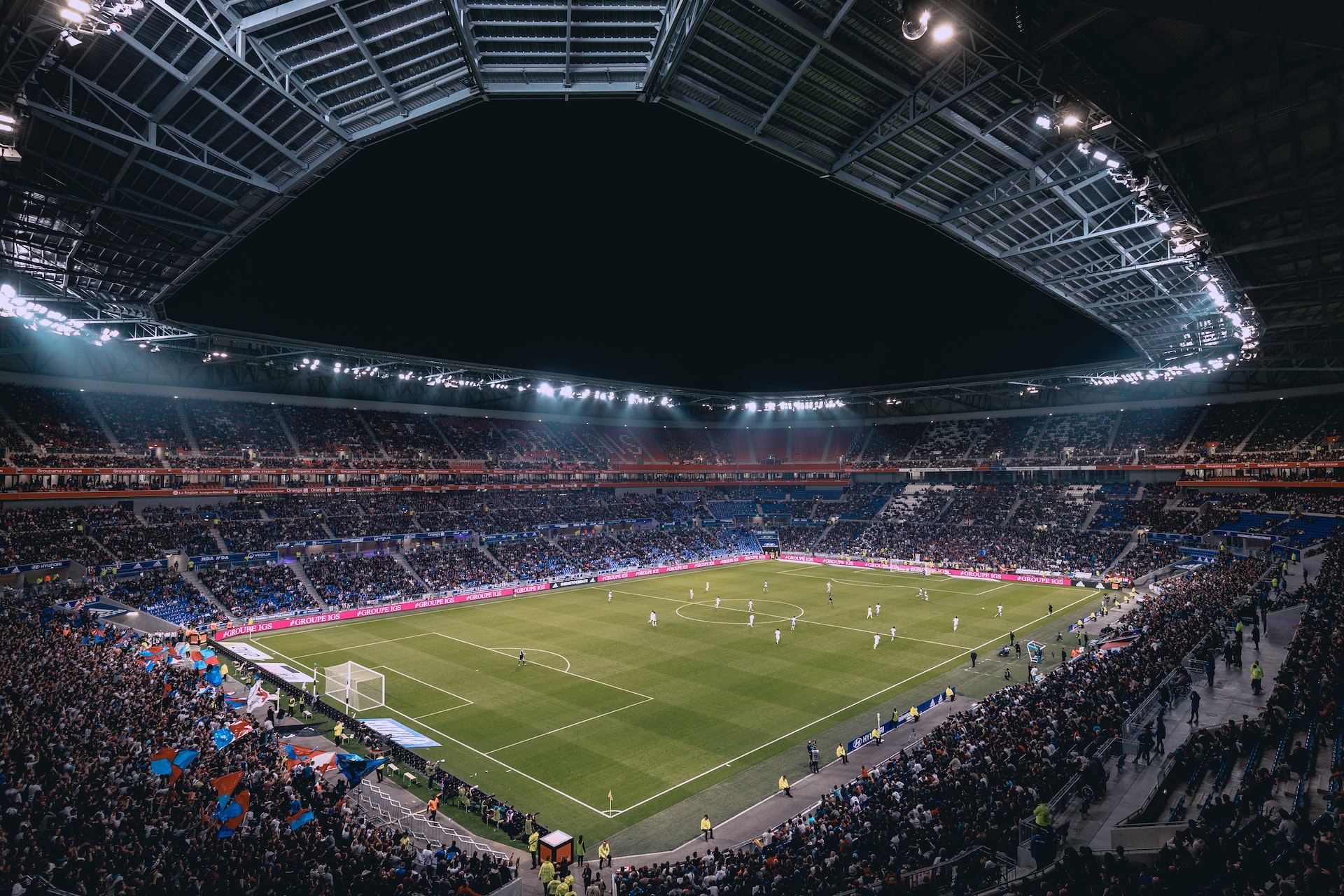Why Sporting Venues Should Provide Accessibility for Disabled Fans
As sports fans, we all want to feel included, regardless of our abilities. Sports venues should be designed to ensure that disabled fans have the same access to the game as everyone else. Providing accessibility for disabled fans in sporting venues is essential for creating an enjoyable and inclusive experience for everyone.
Introduction to Accessibility for Disabled Fans
Accessibility for disabled fans in sporting venues has become an increasingly important topic in recent years. The UK government has recently introduced legislation that requires all public spaces to provide reasonable access for people with disabilities. This includes stadiums, arenas, and other sports venues — check out this list of accessible Champions League stadiums to find out if you should go or not.
Accessibility for disabled fans in sporting venues can be achieved in a variety of ways. Venues can provide ramps, lifts, and wheelchair-accessible seating and bathrooms. In addition, venues can provide audio and visual aids, such as audio description and captioning, for those who are visually or hearing impaired.
The Importance of Accessibility for Disabled Fans
Accessibility in sporting venues is essential for providing an enjoyable experience for all fans. When disabled fans feel included and respected, they are more likely to attend games and become loyal supporters. Additionally, providing accessibility in sporting venues is important for promoting an inclusive society. When disabled fans feel welcomed and included, it sends a powerful message to the wider community.
The Benefits of Providing Accessibility for Disabled Fans
Providing accessibility for disabled fans in sporting venues can have a number of benefits. Firstly, it can help to create an inclusive environment, which can help to foster a sense of belonging among disabled fans. Secondly, it can help to improve the overall experience for all fans, as everyone can enjoy the game in a comfortable and welcoming environment. Finally, it can help to increase attendance at sporting events, as more disabled fans are likely to attend if they know that their access needs are being met.
Ideas for Increasing Accessibility in Sporting Venues
When it comes to increasing accessibility in sporting venues, there are a number of measures that can be taken. Firstly, venues should ensure that their seating is accessible for wheelchair users. This can be done by providing wheelchair-accessible seating in all areas of the stadium. In addition, venues should consider providing audio description and captioning services for those who are visually or hearing impaired.
Venues should also strive to provide adequate wheelchair access to all areas of the stadium, including bathrooms and concession stands. They can do this by installing ramps and lifts in appropriate areas. Finally, venues should consider providing accessible parking for those who need it.
Examples of Sporting Venues in the UK that have Successfully Implemented Accessibility Measures
There are a number of sporting venues in the UK that have successfully implemented accessibility measures. The London Stadium, home to West Ham United Football Club, is an example of a venue that has taken steps to ensure accessibility for disabled fans. The stadium has a range of accessible seating, ramps and lifts, as well as audio description and captioning services.
The Emirates Stadium, home to Arsenal Football Club, is another example of a venue that has implemented accessibility measures. The stadium has a range of accessible seating, ramps and lifts, as well as audio description and captioning services.
Challenges to Providing Accessibility in Sporting Venues
Providing accessibility in sporting venues can be challenging. The cost of making venues accessible can be prohibitive for many venues, particularly those in smaller cities or towns. Additionally, venues can face challenges in finding the space to install ramps and lifts, as many stadiums occupy small plots of land.
Strategies for Overcoming Accessibility Challenges in Sporting Venues
In order to overcome the challenges of providing accessibility in sporting venues, venues should consider a number of strategies. Firstly, venues should look for alternative sources of funding, such as grants and donations, to help cover the cost of making their venues accessible.
In addition, venues should consider working with local authorities and charities to help find the space needed to install ramps and lifts. Finally, venues should look for innovative solutions, such as portable ramps and lifts, to help make their venues more accessible.
How Technology Can Help Improve Accessibility in Sporting Venues
Technology can play an important role in improving accessibility in sporting venues. For example, venues can use smartphone apps to provide audio description and captioning services for visually or hearing impaired fans. In addition, venues can use technology to provide live streaming of events, allowing disabled fans to watch the game from the comfort of their own homes.
Finally, venues can use technology to provide virtual tours of their stadiums, allowing disabled fans to get a better idea of the layout and accessibility features of the venue before they arrive.
Conclusion
Providing accessibility for disabled fans in sporting venues is essential for creating an enjoyable and inclusive experience for all. By taking a few simple steps, venues can ensure that disabled fans feel included and respected.
Furthermore, providing accessibility in sporting venues can have a number of benefits, such as increasing attendance and promoting an inclusive society. Finally, technology can play an important role in improving accessibility in sporting venues.
By ensuring that disabled fans have access to the game, sporting venues can create a welcoming and inclusive environment for all.

